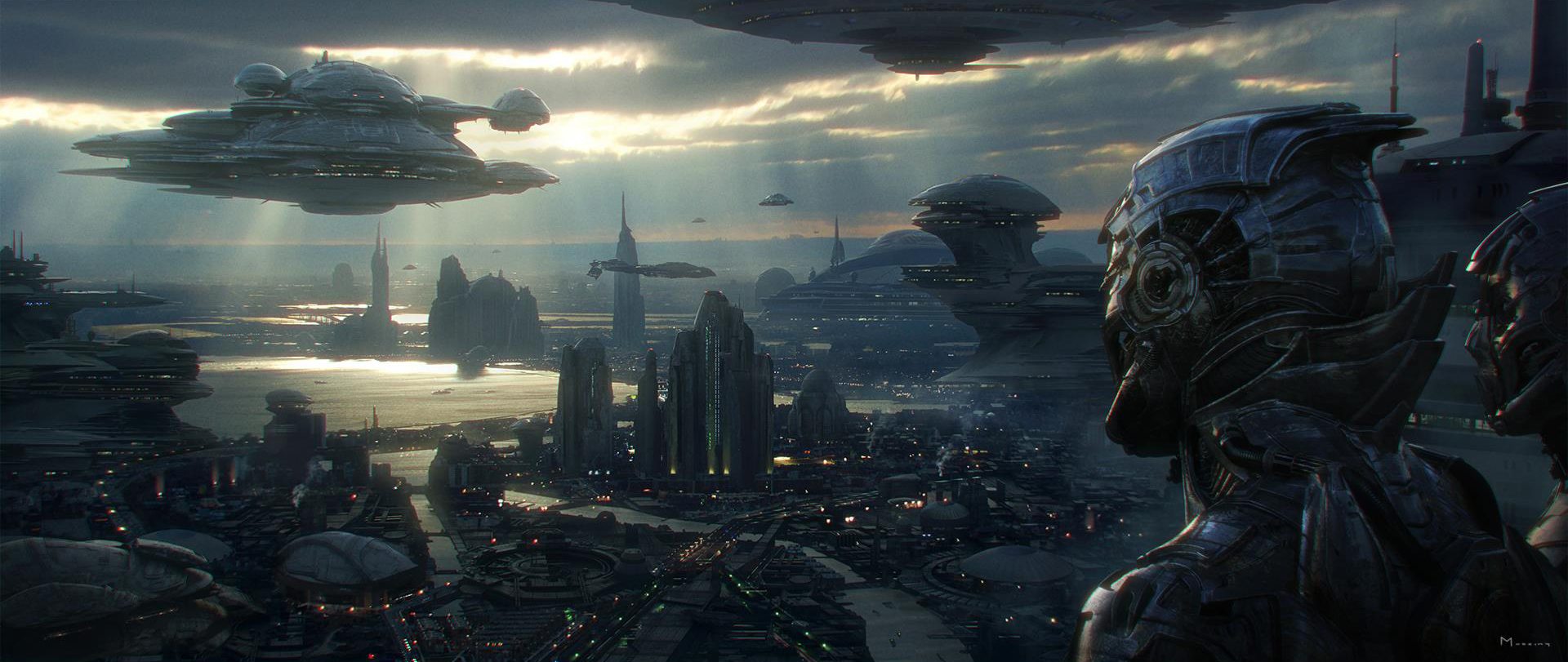Drawing from the Well

Queries Sent: 0
Total Queries: 35
Rejections: 9
Scenes Mapped: 0
Total Scenes: 304
I didn’t get any writing done but that was because I dove head first into Guide to Literary Agents 2019. I was surprised by how much advice was in the front of that book. I’m still working through it but it’s giving me some tips and, honestly, bolstering my confidence that this is the time. I also watched a video from iWriterly about querying that again bolstered my confidence. That seems like a great YouTube channel so I’ve subscribed. We’ll see what happens there.
Filling the Well

Bloodwitch: 33%
The Raven Boys: 90%
Guide to Literary Agents 2019: Page 26
I got a little listening done yesterday but more importantly I dove into the Guide. Since there’s more than just an agent list in there, I’m counting it as reading.
Polishing the Well

If you have not watched this yet, full stop, right now, and go watch it. This young woman’s story is remarkable and should serve to inspire all of us to get out of our complaining and use those “jewels” as out motivation to achieve our dreams. Go on. Go watch it. Shoo.
Well Chat
A Turn on Fantasy (imho)

When you start talking about science fiction, most people think space and aliens. You’re not wrong. I would challenge you, however, to think of science fiction as a turn on the fantasy genre.
We talked yesterday about hard magic and soft magic. Well Arthur C. Clarke’s third law would start to blur the line between fantasy and science fiction by saying “any sufficiently advanced technology is indistinguishable from magic.” And he’s right. Take cell phones, for instance. If you showed a modern smartphone to someone from 1966, they would think you’d just walked off the set of Star Trek. For us, however, they are almost mundane. So science fiction is really just taking known technology past the point of what we know into the unknown. According to Clarke, this makes it magic. Magic makes it fantasy. You see where I’m going here?
Anyway, science fiction is so called because the speculative elements are often drawn from science fact. Things that we know about now like primitive space travel, gene manipulation and mapping, weapons, dogfights, etc. are all extended to a point where the new form making it into the book no longer exists, but it LOOKS like something that does and acts vaguely like it. It’s close enough that it can act as a replacement for real science-related stuff.
The degree of this extension works to define whether the science fiction is hard or soft. Yes, that exists in this genre too. If the sci fi story is rife with scientific accuracy and basis in the natural sciences, then it will probably fall into the hard sci fi bucket. If it is more speculative in nature or is more engaged with social sciences, then it is likely soft sci fi. Unlike with Sanderson’s First Law, these aren’t hard terms (does that make them soft terms 😉 ) but rather indications of the nature of the work.
Just like fantasy, there are some subgenres, but these are more niche than fantasy subgenres which serve almost as adjectives to help define the work:
- Apocalyptic/Post-Apocalyptic: The world is ending or has ended and the characters have to cope using whatever is left to resist the cause of The End (Armageddon and War of the Worlds)
- Climate: Climate change has gone to the extreme and the cast has to find a way to survive (The Day After Tomorrow and 2012)
- Cyberpunk: Much of this genre is involved with cyberspace, AI, and cybernetics (Blade Runner and The Matrix)
- Parallel Worlds: This one seems pretty self-explanatory but it typically holds to the “many-worlds” theory of quantum physics and explores different versions of what we perceive as reality and the consequences of travelling to them (Basically everything DCTV and where the MCU is going)
- Social Sci Fi: This gets more into the social sciences and speculates about where society/humanity could go (1984 and Brave New World)
- Space Western: Take a western motif and put it in space and you’ve got it (Star Trek and Firefly)
- Steampunk: If you’ve got technology but it’s more Victorian in nature and steam-powered, that’s Steampunk (Storming by K.M. Weiland and The Loom Saga by Elise Kova)
- Sword and Planet: Like Sword and Sorcery, the hero here (usually human) engages foes in hand-to-hand combat but is typically on another planet (Flash Gordon and The Pirates of Dark Water)
So there’s science fiction for you. What are some of your favorite science fiction books and movies. Jurassic Park is near the top of the list for me. Give me a shout in the comments.

May the tide carry you to safer shores.
BSG
